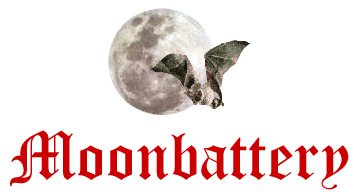Free speech debate in New Zealand after mosque slayer’s manifesto banned
New Zealand’s chief censor has banned mosque shooter Brenton Tarrant’s white supremacist manifesto, as well as videos of his violent rampage. The bans have ignited a debate over free speech in the grieving country.
Chief censor David Shanks declared the killer’s 80-page manifesto – entitled ‘The Great Replacement’ – “objectionable” on Saturday, and ordered anyone in possession of it to destroy it.
“New Zealanders can all play a part in denying those who exhort hatred, killing and terror,” Shanks said. “Do not support the murderous objectives of its author by republishing or distributing it.”
Following the classification, anyone caught with the document on their computer could face between 10 and 14 years in prison. Video footage of the attack, originally live-streamed by Tarrant on Facebook, has also been deemed objectionable. A teenager has already appeared before Christchurch District Court last week for allegedly sharing the banned video.
The attempt to scrub Tarrant’s views from the internet follow Prime Minister Jacinda Ardern’s “global call” to fight the “ideology” of racism. Ardern pledged to “to weed it out where it exists and make sure that we never create an environment where it can flourish.”
Free speech advocates, however, are concerned with Ardern’s censorship-heavy approach.
“People are more confident of each other and their leaders when there is no room left for conspiracy theories, when nothing is hidden,” Stephen Franks, a constitutional lawyer and spokesman for the Free Speech Coalition, told AP. “The damage and risks are greater from suppressing these things than they are from trusting people to form their own conclusions and to see evil or madness for what it is.”
Speaking about Tarrant’s first-person-shooter-style video, counterterrorism expert Jennifer Breedon told RT that banning such videos does nothing to prevent future attacks. “We need to stop putting band-aids on gunshot wounds,” she said. “We’re spending so much time talking about ‘we can’t have videos like this’...rather than answering questions that need to be asked.”
Commentators on social media chimed in.
I have the manifesto on my hard drive, so in NZ I'd be breaking the law. Not only is this an infringement on free speech, it is likely to give the document greater exposure. It also inhibits our ability to scrutinise these hateful ideas, as I did here. https://t.co/gSJ7rbvnnNhttps://t.co/iSJnAI7FBl
— Khaled Diab (@DiabolicalIdea) March 23, 2019
Is free speech now hate speech ?
Are words weapons ?
Are we all really that dumb that we’d succumb to extremism by reading a psychopaths manifesto?
— Vicki The Sane One



